When it comes to repairing metal components in industrial and maintenance settings, the debate often centers on two key methods: epoxy putty and traditional welding. Both approaches have their merits, but each serves specific applications more effectively. This article explores the differences between these two techniques, highlights their advantages and disadvantages, and demonstrates why epoxy solutions, such as Devcon products, offer a compelling alternative for modern repair challenges.
The Traditional Choice: Welding
For decades, welding has been the go-to method for repairing and joining metal components. This process involves fusing two pieces of metal using heat, pressure, or both. While effective in many cases, welding presents certain challenges that can make it less suitable for some applications.
Advantages of Welding:
- Strong Bonds: Welding creates a metallurgical bond, often resulting in a joint as strong as the original material.
- Long-Term Durability: Properly welded joints are durable and can withstand high stress and loads.
- High-Temperature Resistance: Welded repairs are ideal for components exposed to extreme heat.
Challenges of Welding:
- Specialized Skills Required: Welding demands trained professionals to ensure the job is done correctly, which can increase costs and downtime.
- Equipment and Safety Concerns: Welding equipment is expensive and requires adherence to stringent safety protocols due to the use of heat, sparks, and potentially harmful fumes.
- Limited Compatibility: Welding is not suitable for all metals, particularly dissimilar or thin materials that may warp under heat.
The Modern Alternative: Epoxy Putty
Epoxy putty have emerged as a versatile and efficient solution for metal repairs. These two-part systems consist of a resin and a hardener that, when mixed, cure into a strong and durable bond. Devcon epoxy putty are specifically designed to handle industrial-grade repairs, offering superior performance and ease of use.
Advantages of Epoxy Putty:
- Ease of Application: Epoxy putty can be applied without specialized training, making them an accessible option for on-site repairs.
- Versatility: They are compatible with a wide range of metals and materials, including dissimilar metals and non-metallic surfaces.
- Cost-Effective: Epoxy solutions typically require less equipment and fewer resources, reducing overall repair costs.
- Corrosion Resistance: Many epoxy putty, such as Devcon's metal repair epoxies, offer excellent resistance to moisture, chemicals, and corrosion.
- Low-Heat Applications: Epoxy putty eliminate the risk of heat-induced warping or damage to thin or delicate materials.
Challenges of Epoxy Putty:
- Surface Preparation: Proper surface cleaning and preparation are critical for optimal bonding.
- Load Limits: Epoxy bonds may not be as strong as welded joints for extremely heavy loads or high-impact scenarios.
- Temperature Sensitivity: Epoxy putty can degrade under sustained high temperatures, making them less suitable for applications involving extreme heat.
Choosing the Right Solution: Factors to Consider
The decision between welding and epoxy putty depends on various factors, including the nature of the repair, the operating environment, and the desired outcome. Here are key considerations to guide your choice:
- Material Type: For dissimilar metals or materials less sensitive to heat, epoxy putty are often the better choice.
- Repair Environment: In remote or confined spaces, the portability and ease of application of epoxies offer significant advantages.
- Load and Stress Requirements: Welding is preferred for applications involving extreme mechanical stress or load-bearing components.
- Corrosion Protection Needs: Epoxies with built-in corrosion resistance are ideal for outdoor or marine environments.
Devcon Epoxy Solutions: A Superior Choice for Metal Repairs
Devcon products stand out in the realm of epoxy putty, offering tailored solutions for a wide array of industrial and maintenance challenges. Here’s why Devcon is the preferred choice:
- High Performance: Devcon epoxies deliver exceptional bonding strength, rivaling traditional welding in many applications.
- Specialized Formulations: From general-purpose epoxies to specialized metal repair compounds, Devcon offers a comprehensive range of products.
- Ease of Use: Devcon epoxies are designed for straightforward application, with user-friendly packaging and instructions.
- Reliability: Devcon products are trusted by professionals worldwide for their consistency and proven performance.
One standout product is Devcon Plastic A, an epoxy putty specifically formulated for metal repairs. This versatile product can restore machinery, fill holes, and rebuild worn components, ensuring reliable performance in demanding environments.
Real-World Applications: When Epoxy Outshines Welding
- Machinery Repairs: Epoxy putty are ideal for repairing worn or damaged machinery components, where welding may risk further damage due to heat.
- Pipe and Tank Sealing: Devcon’s epoxy solutions provide an effective seal for leaks and cracks in pipes and tanks, even in pressurized systems.
- Corrosion Protection: By applying epoxy putty, industrial equipment can be shielded from moisture and chemical exposure, extending its lifespan.
- Emergency Repairs: In scenarios requiring immediate fixes, such as during equipment failure, epoxy putty offer a quick and efficient solution.
Conclusion
Both welding and epoxy putty have their place in metal repair and maintenance. While welding remains a robust choice for high-stress applications, the versatility, ease of use, and cost-effectiveness of epoxy putty make them a compelling option for a wide range of industrial repairs. Devcon’s line of high-performance epoxy products bridges the gap, offering solutions that deliver strength, durability, and efficiency.
By choosing Devcon, you not only benefit from cutting-edge epoxy technology but also gain access to a trusted partner in industrial repair and maintenance. Whether you’re restoring machinery, sealing leaks, or protecting equipment, Devcon provides the tools you need to keep operations running smoothly.

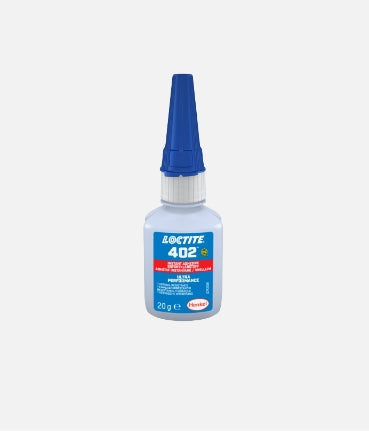
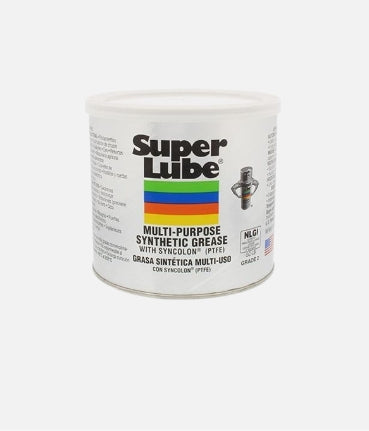
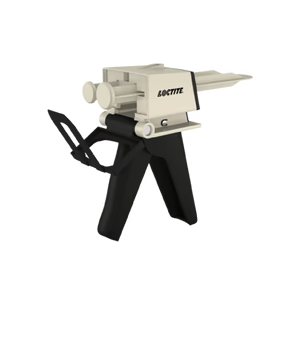
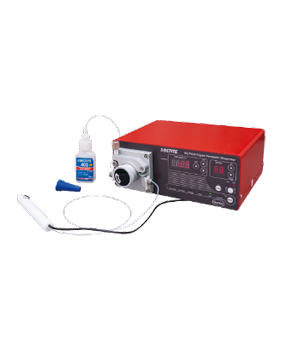



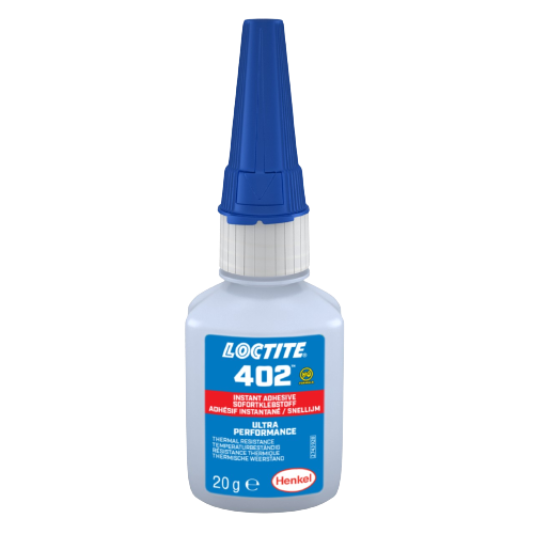
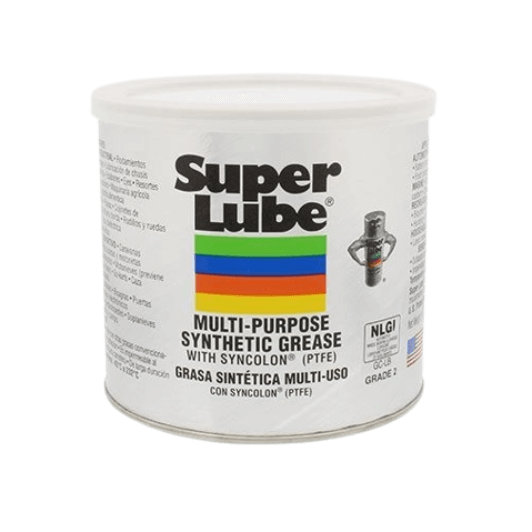
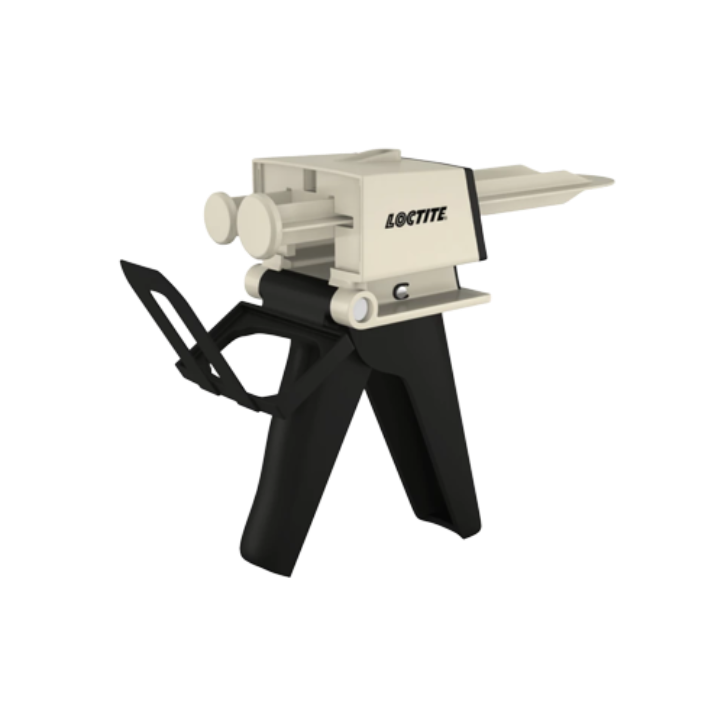
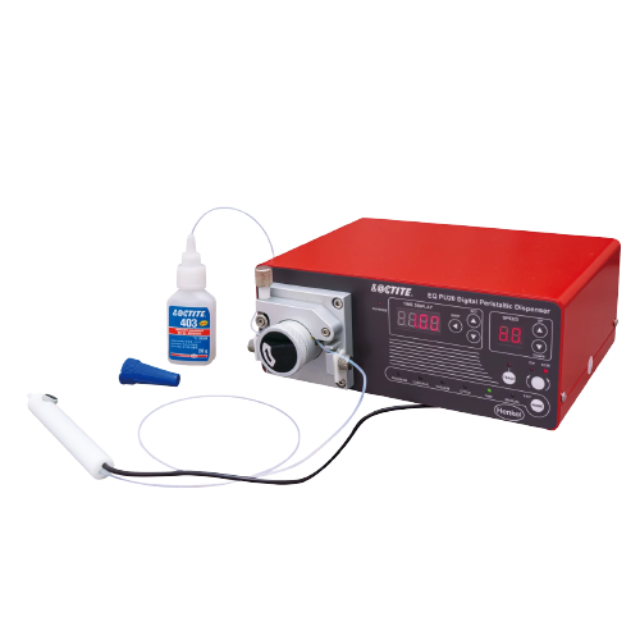
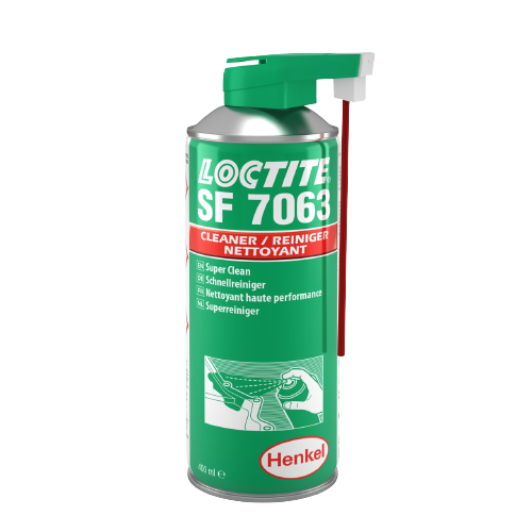
Leave a comment
All comments are moderated before being published.
This site is protected by reCAPTCHA and the Google Privacy Policy and Terms of Service apply.